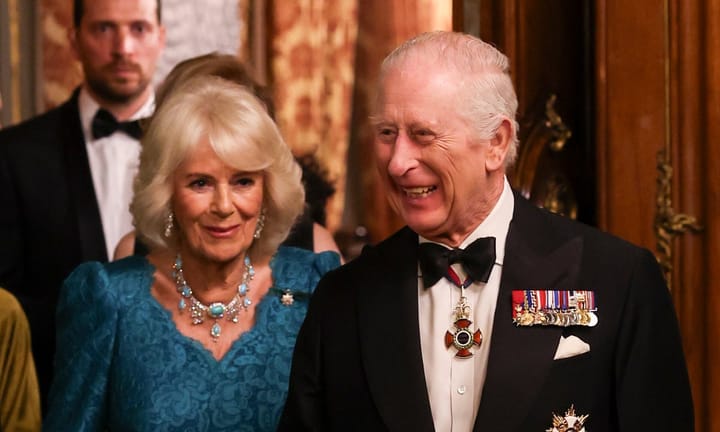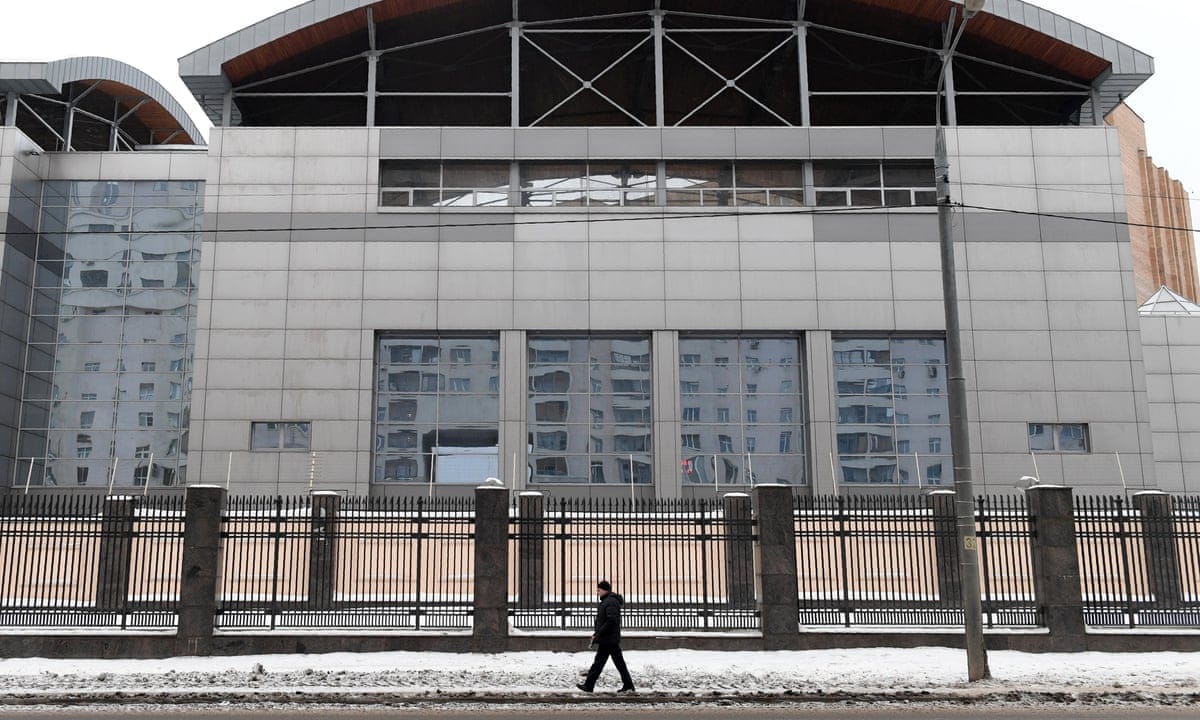A developing Russian strategy involving arson, sabotage, and even murder plots over recent months has raised concerns among Western intelligence entities throughout the past year.
The intensification of these activities coincides with a period during which Russia's espionage network had just begun recuperating from the initial impact of 450 operatives masquerading as diplomats being expelled from Europe in retaliation for invading Ukraine.
What is particularly unsettling to Western intelligence leaders is not only the audacity but also the seeming lack of restraint displayed by Russian activities, which appear to stem from Moscow's conviction that while their allies might perceive a war with Russia as off-limits, they believe otherwise. “Russian intelligence services have become somewhat unruly,” remarked Richard Moore, head of MI6, in September.
The gravest threat identified was an assassination plot aimed at Armin Papperger, CEO of the German defense firm Rheinmetall—one among many European companies aiding Ukraine's efforts. This specific attempt to eliminate him did not come into fruition but other executives from the arms industry in Europe have similarly been targeted by Russian agents.
Investigations are ongoing regarding whether arson devices, shipped via DHL logistics across continents—even reaching cities such as Birmingham and Leipzig—could potentially cause major disruption or catastrophe during transportation due to the inherent fire risk in their cargo holds. It's fortunate that no lives were lost so far from these incidents, which also included fires at a shopping mall in Warsaw earlier this year; an Ikea delivery center around then was under suspicion of Russian involvement as well; and another warehouse incident linked to Ukraine happened here.
These "gray zone" activities—believed by Western officials like Ken McCallum, head of MI5, to be orchestrated through Russia's GRU military intelligence organization — aim at creating disarray within European allies, obstructing the flow and distribution of essential warfare supplies in support for Kyiv. However, these incidents often lack a professional touch due largely because traditional embassy-based spying opportunities have dwindled following their recent expulsion from Europe by Russia’s counterparts.
The Russian GRU's alternative approach to espionage has leaned towards recruiting and engaging nonconventional elements, such as criminals or others who are not officially part of intelligence apparatuses in order for them carry out these operations on the ground – a practice that tends toward less professionalism.
Recently MI5's head issued an alert about Russia’s GRU intent to instigate turmoil within British and European public spaces through proxy actors, further decreasing operation quality due to limited resources at their disposal after being expelled from Europe by Western nations in the wake of Ukraine invasion.
Anecdotes suggesting Russian involvement have surfaced elsewhere as well — French intelligence officials suspect Russia used Moldovans for a cheap and seemingly innocuous act involving antisemitic graffiti using Star of David symbols during an autumn time last year, intending to deepen societal divisions amidst the Israel-Hamas conflict.
Summer brought another peculiar case where France thwarted what appeared on surface as a low budget plot by a Ukrainian national with Russian background who intended targeting local hardware shop north of Paris ahead of Olympic games — he was apprehended after inadvertently triggering an explosive device at his hotel close to Charles de Gaulle airport.
Recruitment methods seem rather unstructured, relying on platforms like Telegram for recruiting and remunerating young men with pro-Moscow sentiments—though many of these plots appear conjectural or ill thought out based on the actual executions seen so far — suggesting haphazard planning.
Russia often disputes any involvement in such incidents as European nations, labeling it conspiracy theory – though some hardline advocates close to President Putin have suggested backing for these covert methods: In an article on Telegram recently put out by Dmitry Medvedev — a former and hawkish president himself—he called upon Russia in order 'to instill fear into Europe, encouraging them that we are capable of turning their lives upside down so they can't tell the difference between real events from mere fiction.'
The mindset is disturbing; however thus far these sabotage and intimidation activities haven’s had a major impact as European intelligence agencies have been able to respond effectively.
Read next

Dominican Republic halts rescue efforts following devastating ceiling failure at nightclub incident
Rescue teams in the Dominican Republic on Wednesday concluded their search for survivors following a catastrophic nightclub roof collapse—this marks one of its most tragic disasters over recent years, with confirmed death toll rising beyond 180 individuals within this Caribbean nation.
Authorities announced an additional count of 60 fatalities

Angelica Huston Discloses Past Cancer Diagnosis; Now Fully Recuperated and Clear of Disease
Anjelica Huston disclosed her cancer diagnosis six years ago after the release of her 2019 film John Wick: Chapter 3 – Parabellum. The actress prefers not to divulge specific details about the type of cancer she faced but expressed pride in overcoming this serious health challenge, which required significant changes to

Royal Visit: King Charles and Queen Camilla Surprise Papal Counterpart at Recovery
The British monarch Charles and his consort Camilla paid an unexpected visit to Pope Francis during their four-day official trip across Italy.
They met with the pontiff at his residence within Casa Santa Marta inside Vatican City where he recovers from a severe lung infection caused by pneumonia, which had

